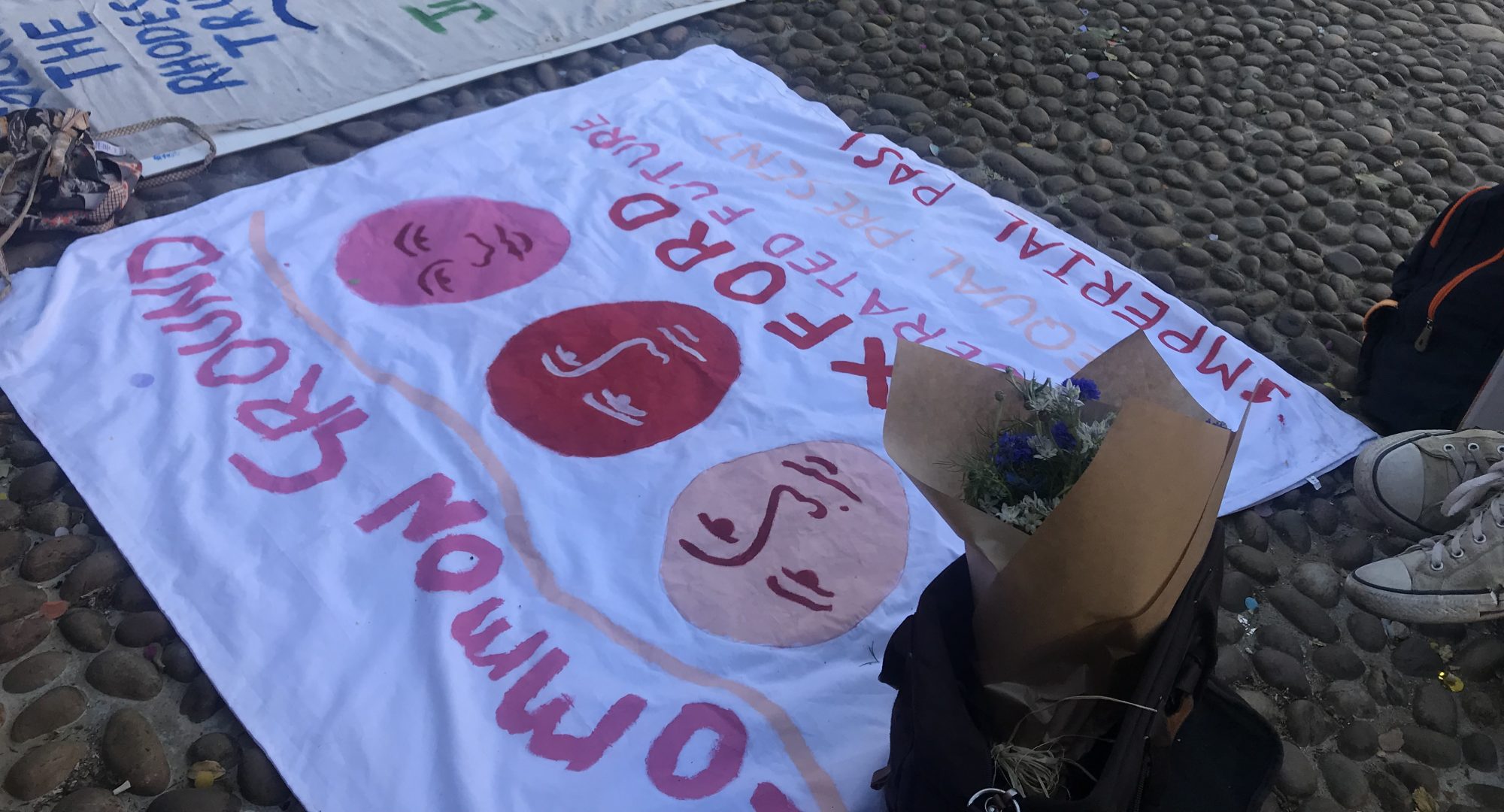As members of Common Ground Oxford, we stand in solidarity with all those condemning Nigel Biggar’s article in The Times on 30th November, ‘Don’t Feel Guilty About Our Colonial History’. The inaccuracy displayed by Biggar, as well as a conspicuous lack of rigour, must not go unchallenged. He implies that colonised societies had no political order prior to colonisation, invoking a racist, hackneyed, and fictional trope about the nature of pre-colonial societies. Colonial conquest destroyed pre-existing orders. The cry “to moderate our post-imperial guilt” is most damaging. With 44% of Britons proud of British colonialism, and 43% of the British population believing colonisation was a good thing, the only force that needs to be moderated is the force of historical amnesia of which Biggar’s article provides a chilling example. Biggar’s intentions are revealed in the links drawn between colonisation and the invasions of Iraq and Afghanistan; by whitewashing the British Empire, Biggar seeks to justify a post-colonial agenda of interference that destabilizes developing nations. He is not simply asking the British to not feel guilty about their colonial history, but asserting that Britain should still feel confident in its right to meddle in other countries’ affairs.
We now read with concern and horror that Nigel Biggar is co-leading a project on ‘Ethics and Empire’, with the goal “to measure apologies and critiques of empire against historical data from antiquity to modernity across the globe”. We believe Nigel Biggar has shown himself to be an inauspicious and inappropriate leader for this project. In a speech at the Oxford Union on whether the Rhodes statue should be relocated, Biggar was the only speaker who chose simply to defend Cecil Rhodes. He talked of Cecil Rhodes as one of “our heroes”. He insisted that Rhodes “was not racist”, a statement that can only be based on either a naively narrow view of what racism is, or a fundamental ignorance of historical evidence.
It is said that “[f]urther details of the project will be available soon.” As part of these details, we request that the following questions be answered:
- Who is funding the project on ‘Ethics and Empire’?
- Is Vice-Chancellor of the University of Oxford, Louise Richardson, proud of this, perhaps the most major initiative announced since the Rhodes Must Fall campaign?
- Is this what is needed at the University of Oxford – a project led by someone pushing to “moderate our post-imperial guilt” – when Oxford continues to memorialise celebrating slave-owners such as Christopher Codrington and imperialists such as Cecil Rhodes, and when Oxford continues to fail to act to address current-day racism, as demonstrated by the fact that nearly 1 in 3 Oxford colleges failed to admit a single black British student in the last year?
- What input did students and faculty of colour have in the design of this project?
- Will black students, students of colour, and students with families affected by colonisation have a role to play in this project? If not, why not?
Many more questions could be asked, and much more could be said, about this project. But the proud announcement of this project, following on the heels of Biggar’s bigoted article, reflects a university that has shown itself to be singularly incapable of reckoning with its colonial past – and singularly incapable of taking responsibility for how that past continues to shape its present and its future.
If the University of Oxford, our University, wanted to reckon properly with that past – and its impact on the present and future – it would not stand idly by in the face of Biggar’s commendation of imperialists and apologies for colonialism.
Common Ground Oxford
Useful links:
Ethics and Empire: An Open Letter from Oxford Scholars
Oxford historians object to empire project – BBC News
Response from Oxford Centre for Global History
Oxford University Africa Society’s Statement
Response from Dr. Kim Wagner (Queen Mary University of London)

